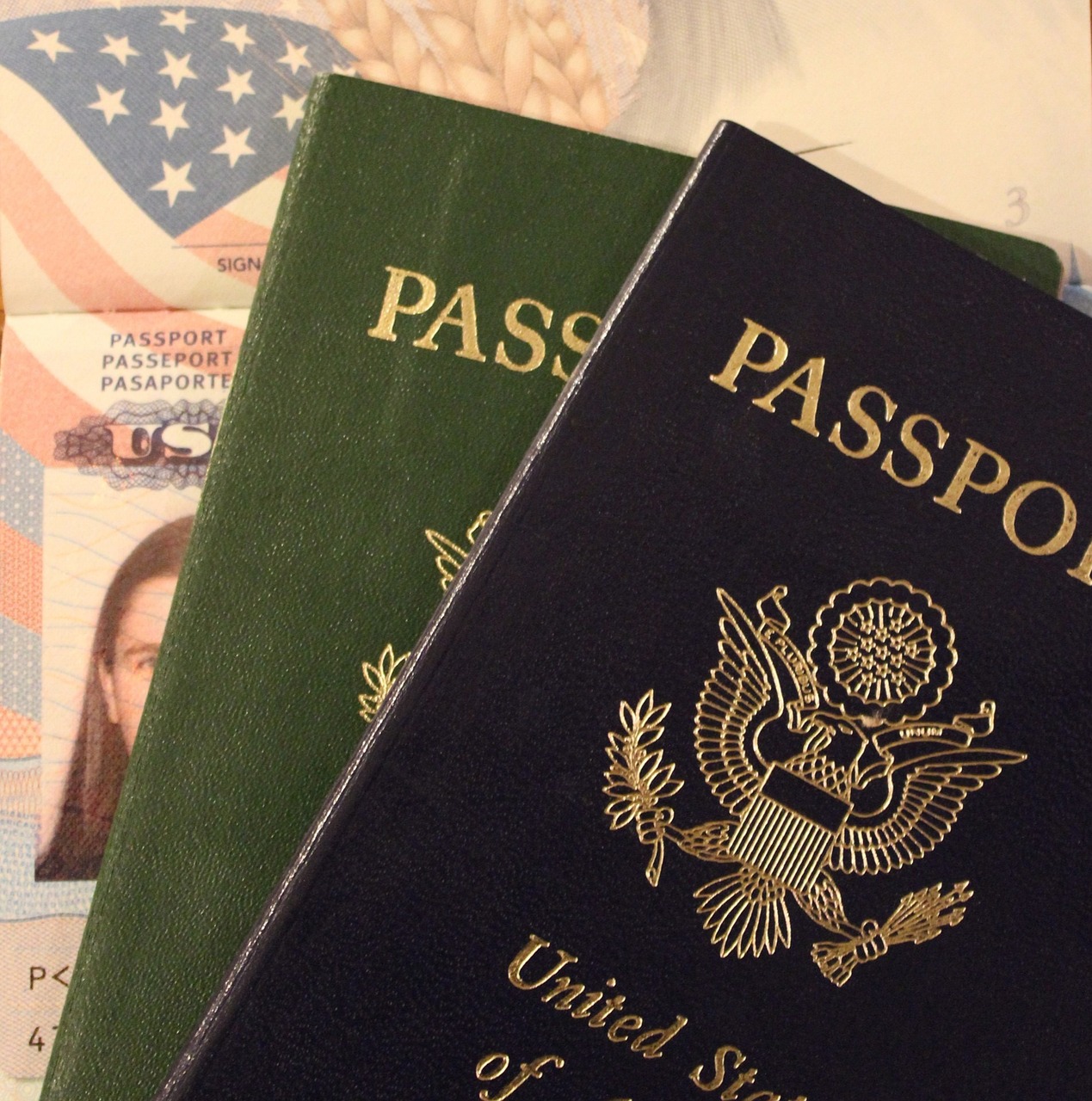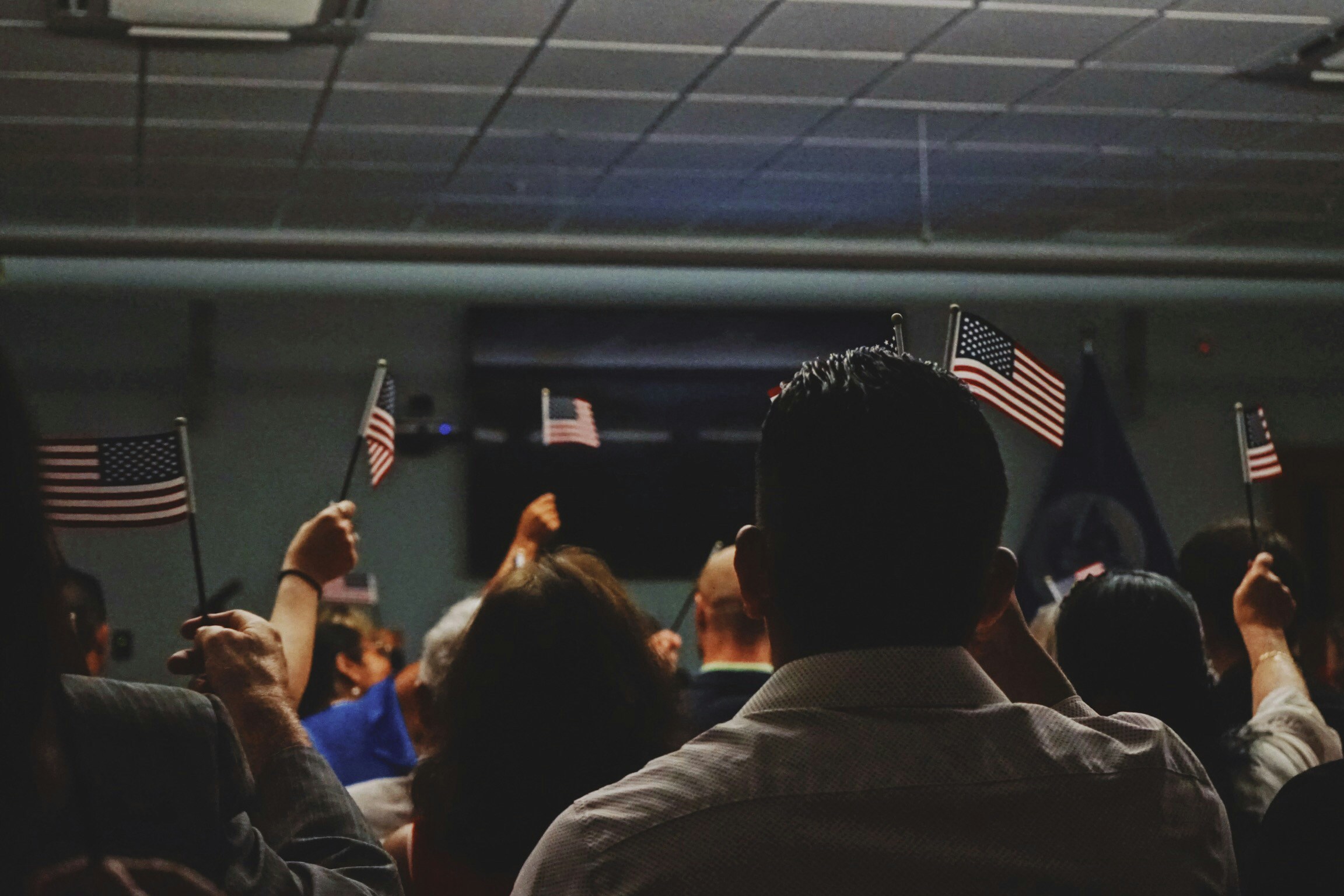Have you ever wondered what's on the U.S. citizenship test questions? Probably, you have a pretty good idea of what the requirements are. But do you know what's actually on the test?
Table of Contents
The U.S. Citizenship Test has ten questions from 100 possible questions. During your naturalization interview, an immigration officer will ask those ten questions. And you will pass the test if you answer at least 60% of the questions correctly.
In this article, you'll learn the questions related to the U.S. government, including but not limited to the following:
| Questions | Answers |
| 1. What is the supreme law of the land? | The Constitution is the supreme law of the land. Take note that it starts with "We the people" because it is a document people created for the people. |
| 2. What does the Constitution do? | The Constitution establishes the principles that govern the government and limits what it can do. Any law or action that violates the Constitution is invalid. Also, it makes government protects the basic rights of its citizens. |
| 3. The idea of self-government is in the first three words of the Constitution. What are these words? | The first three words are "We the People." This phrase indicates that the Constitution is a document that belongs to the people.
Plus, it establishes democracy and outlines how citizens can come together to form a government. And it lays out fundamental rights that all citizens should have. |
| 4. What is an amendment? | An amendment is a change or an addition to the Constitution. The Constitution is amendable in one of two ways:
|
| 5. What do we call the first ten amendments to the U.S. Constitution? | The first ten amendments to the Constitution are the "Bill of Rights." Ratified on December 15, 1791, these amendments protect citizens' rights in several ways. |
| 6. What is one right or freedom from the first amendment? | The first amendment protects United States citizens' rights to:
|
| 7. How many amendments does the Constitution have? | The Constitution has 27 amendments. |
| 8. What did the Declaration of Independence do? | The Declaration of Independence did a few things:
|
| 9. What are the two rights in the Declaration of Independence? | The Declaration of Independence lists "certain unalienable rights." These rights include the ability to pursue happiness, liberty, and life. |
| 10. What is freedom of religion? | Religion is a personal choice. You are free to practice any religion you choose or none at all. Plus, the Constitution protects your right to express those beliefs freely. |
| 11. What is the economic system in the United States? | The United States has a capitalist economy and a market economy. A capitalist economy is a kind of economic system where the means of production are privately owned and run for profit. Meanwhile, a market economy allows the trading of goods and services through voluntary transactions. |
| 12. What is the "rule of law"? | The "rule of law" holds that everyone must follow the law. Likewise, even people in positions of power, such as government officials, must follow the same laws as everyone else. |
| Questions | Answers |
| 13. Name one branch or part of the government. | There are many different branches or parts of the government. Here is a list:
|
| 14. What stops one branch of government from becoming too powerful? | The separation of powers and the system of checks and balances provide the answer to this question. These two aspects of the Constitution prohibit any one arm of government from gaining an excessive amount of authority. |
| 15. Who is in charge of the executive branch? | In the United States, the President controls the executive branch. |
| 16. Who makes federal laws? | Congress makes federal government laws in the United States. |
| 17. What are the two parts of the U.S. Congress? | The Congress is a bicameral legislature, which means it has two houses: the House of Representatives and the Senate. |
| 18. How many U.S. Senators are there? | The Senate has 100 members, each representing a state equally. |
| 19. We elect a U.S. Senator for how many years? | U.S. senators have six-year terms. |
| 20. Who is one of your state's U.S. Senators now? | Every state has two senators, and they all serve six-year terms. So, it depends on who your state elected. But you can visit www.senate.gov/senators/senators-contact to know each state's current U.S. Senators. |
| 21. The House of Representatives has how many voting members? | There are 435 delegates in the House of Representatives. Also, they are all elected directly in their corresponding congressional districts. |
| 22. We elect a U.S. Representative for how many years? | U.S. representatives have a two-year term. |
| 23. Name your U.S. Representative. | Visit https://www.house.gov/representatives to learn who your delegate is. |
| 24. Who does a U.S. Senator represent? | A U.S. Senator represents its people. |
| 25. Why do some states have more Representatives than other states? | The number of Representatives relies on a state's population. And so, the number of Representatives increases as a state grows. |
| 26. We elect a President for how many years? | The President has a four-year term, as laid out in the U.S. Constitution. |
| 27. In what month do we vote for President? | The presidential election date varies from state to state. But Americans usually vote in November. |
| 28. What is the name of the President of the United States now? | Go to uscis.gov/citizenship/testupdates to get the name of the current President. |
| 29. What is the name of the United States Vice President now? | Go to uscis.gov/citizenship/testupdates to get the name of the current Vice President. |
| 30. If the President can no longer serve, who becomes President? | In vacuity in the office of the President, the Vice President takes over as acting President. |
| 31. If both the President and the Vice President can no longer serve, who becomes President? | As per the line of succession, the Presidency goes to the House Speaker. |
| 32. Who is the Commander in Chief of the military? | The elected President of the country is Commander-in-Chief. Likewise, the one who is accountable for what the military accomplishes. |
| 33. Who signs bills to become laws? | Once Congress passes a bill, the U.S. President has ten days to sign it, and then it becomes law. |
| 34. Who vetoes bills? | A "pocket veto" occurs when the President refuses to take action, and the bill does not become law. |
| 35. What does the President's Cabinet do? | The President's cabinet advises the President on issues in which they have expertise. |
| 36. What are two Cabinet-level positions? | Below are the Cabinet-level positions:
|
| 37. What does the judicial branch do? | The judicial branch reviews laws to ensure they're constitutional. Also, they resolve disputes between people or businesses. |
| 38. What is the highest court in the United States? | The U.S. Supreme Court is the top court in the nation. |
| 39. How many justices are on the Supreme Court? | Have nine judges appointed by President and confirmed by the Senate. Yet, be aware if there is a vacancy by visiting uscis.gov/citizenship/testupdates. |
| 40. Who is the Chief Justice of the United States now? | Check the appointed Chief Justice's name at uscis.gov/citizenship/testupdates. |
| 41. What is one power of the federal government? | The federal government has a few key powers, including the following:
|
| 42. What is one power of the states? | States have a few primary powers, including the ability to:
|
| 43. Who is the Governor of your state now? | Per state in the United States has its own Governor. Yet, the District of Columbia has no Governor. For more information, please see https://www.usa.gov/state-governor. |
| 44. What is the capital of your state? | Be aware that the District of Columbia (DC) does not have capital. But if you're not living there, look at the state's capital or the territory you're living in: https://www.usa.gov/state-governor. |
| 45. What are the two major political parties in the United States? | The two major political parties are the following:
|
| 46. What is the political party of the President now? | The President is currently a member of the Democratic Party list. |
| 47. What is the name of the Speaker of the House of Representatives now? | The selected Speaker of the House of Representatives at the moment is Nancy Pelosi. |
| Questions | Answers |
| 48. Describe one of four amendments to the Constitution about who can vote. | Some descriptions for those who can vote are the following:
|
| 49. What is one responsibility that is only for United States citizens? | There are a few responsibilities for U.S. citizens, such as:
|
| 50. Name one right only for United States citizens. | You have the rights to the following:
|
| 51. What are the two rights of everyone living in the United States? | The rights of everyone living in the United States include the following:
|
| 52. What do we show loyalty to when we say the Pledge of Allegiance? | When pledging allegiance to the flag, we are pledging loyalty to the United States of America. |
| 53. What is one promise you make when you become a United States citizen? | When you become a U.S. citizen, you solemnly pledge to:
|
| 54. How old do citizens have to be to vote for President? | Citizens must be at least eighteen (18) years old to vote for President. |
| 55. What are two ways that Americans take part in their democracy? | You can participate in democracy by:
|
| 56. When is the last day you can send in federal income tax forms? | The official deadline to file federal income taxes is April 15th. |
| 57. When must all men register for the Selective Service? | All men must register at or between eighteen (18) and twenty-six (26) years old. |
Taking the U.S. citizenship test is a big step toward becoming a U.S. citizen. Hopefully, this blog has given you a better grasp of what's involved in taking the test.








